To celebrate International Women’s Day, our Diversity, Equity & Inclusivity Task Force pays tribute to European women who, through science, arts & politics, shaped Europe and the world as we know them today.
Women in tech.
Ada ‘Lovelace’ Byron, the mother of all geeks
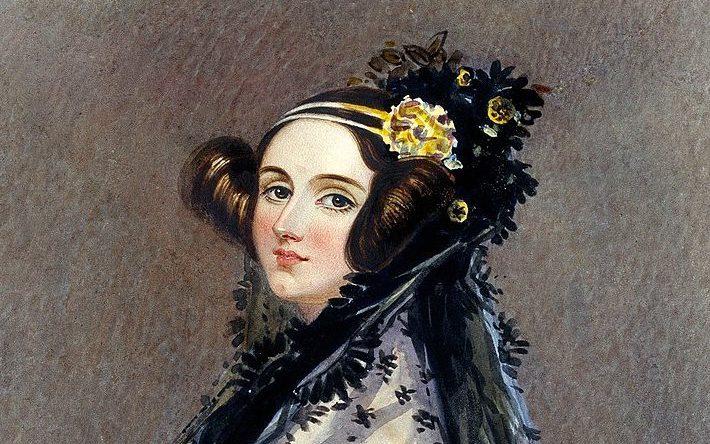
Daughter of poet Lord Byron and mathematician Lady Byron, Ada Byron – also known as Ada Lovelace – was the first to understand that Charles Babbage’s Analytical Engine, a general-purpose computer, had applications beyond pure calculation: she published the world’s first algorithm in 1842, and is considered to be the first computer programmer. The computer language ADA was named after her and she is known, alongside Grace Hooper, as the one who found the famous “bug” in the machine.
The Women of Bletchley Park
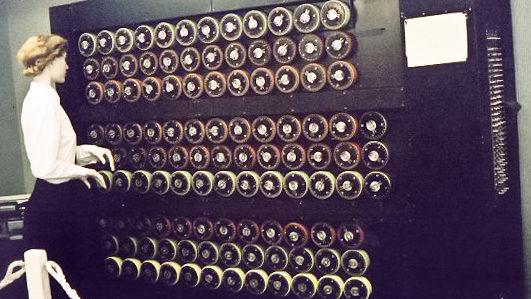
Bletchley Park was the UK’s centre for codebreaking operations during WWII, a vital component of Allies’ intelligence because of the importance of radio communication and how easily they could be intercepted. Bletchley Park employed nearly 10,000 people, ~75% of which were women: not formally recognised as analysts, these women were asked to describe their jobs as ‘secretarial’ despite being central to Bletchley’s operations. From cryptographic machinery operations to traffic analysis, they were also in charge of wiring and soldering the Colossus computers which successfully decrypted German military communications.
Women in healthcare.
Rosalind Franklin, the dark lady of DNA
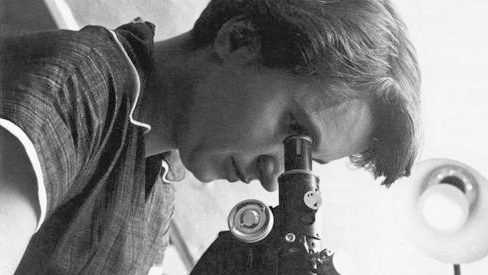
Rosalind Elsie Franklin was a British scientist and an accomplished X-ray crystallographer. She discovered key properties of several molecular structures, including for DNA, which eventually facilitated the correct description of the double helix structure. As Franklin died in 1958, her colleagues Francis Crick, James Watson, and Maurice Wilkins are the ones who shared the Nobel Prize in Medicine in 1962 for this breakthrough, leading to a severe underestimation of her contribution to this advance. Franklin also led pioneering work on the molecular structures of RNA and viruses, such as Polio.
Françoise Barré-Sinoussi, the fighter against AIDS
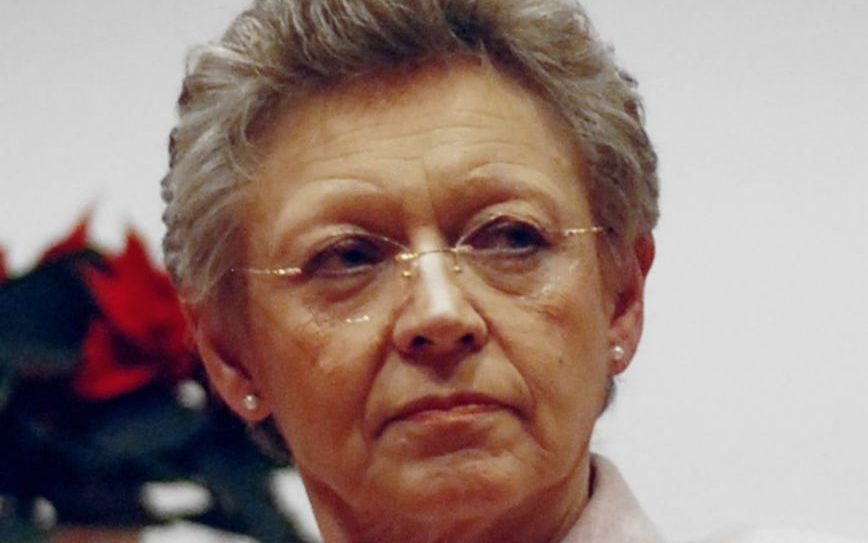
Involved in retrovirology research since the early 1970’s, Barré-Sinoussi is recognised for her major contributions to AIDS research, at a time when the illness was heavily stigmatised and linked to the gay community. She is first author of the publication that reported in 1983 the discovery of the cause of the disease, a retrovirus, later named HIV. Pursuing HIV research and leadership in activist circles, her lifetime’s work has been crucial in paving the way for a widespread treatment: the tritherapy.
Women in the arts.
Alice Guy Blaché, the filmmaking pioneer
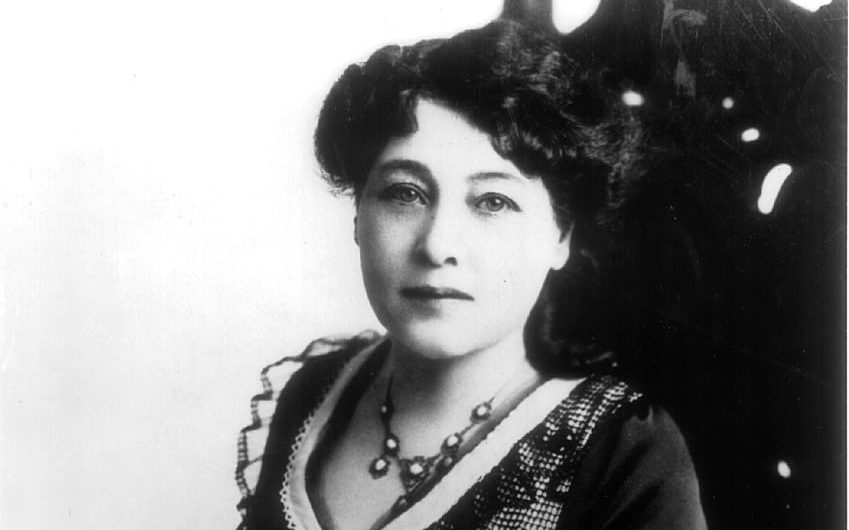
By releasing “La Fée aux Choux” in 1896, Alice Guy Blaché becomes the first woman filmmaker, and likely the only one until 1907. A pioneer of the film-making industry, she directed over 200 films before moving to the US and becoming the first woman founder of a production company, the Solax Film Co. She will notably produce “A Fool And His Money” – the first film ever made with a cast comprising only African-American actors during segregated times.
Charlotte Perriand, the overlooked collaborator of Le Corbusier
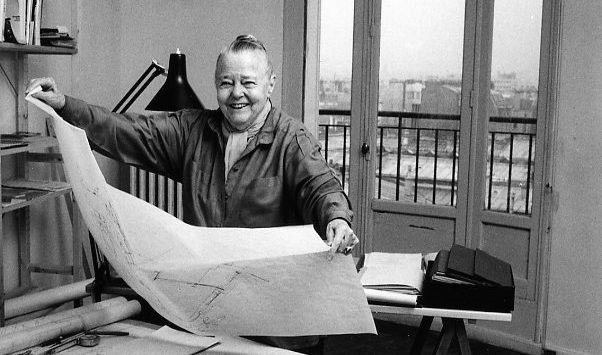
Le Corbusier was an influential architect, and a major figure of brutalism. But the Swiss architect also took exclusive credits for some of his collaborator finest work, starting with the so-called “Chaise Longue Le Corbusier” designed by Charlotte Perriand. A major player in modernity, she streamlined the shapes to develop minimalist, colourful and functional furniture populating Le Corbusier’s best-known creations: her precepts of clean forms brought European interiors into the modern age.
Women in the EU.
Simone Veil, the survivor who championed human rights
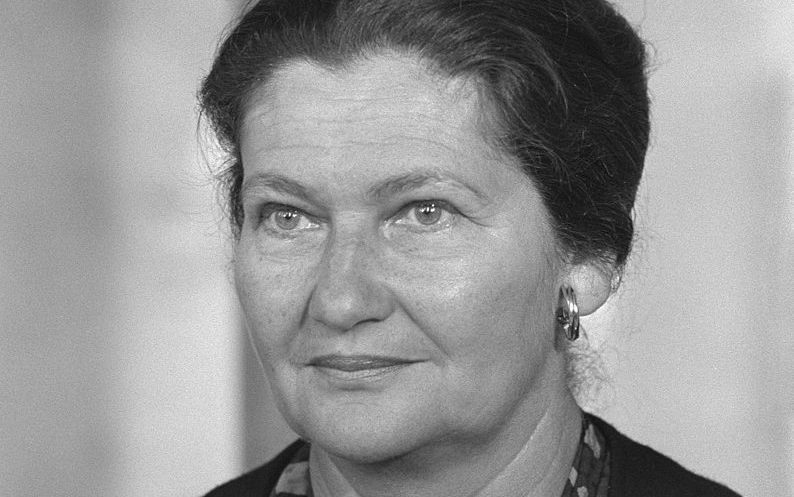
French magistrate and politician, Simone Veil was a strong advocate for women’s rights: as health minister, she led the 1975 law legalizing abortion in France. She became the first elected President of the European Parliament, helping it to find its place in the European decision-making triangle. A Holocaust survivor, she was very vocal in denouncing the war crimes and crimes against humanity committed during the war and dissolution of Yugoslavia, also pointing at the initial inaction of Europeans.
Louise Weiss, the voice of European values
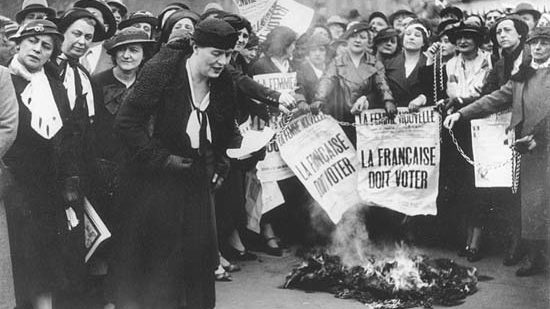
A progressive and a critic of the 20th century’s upheavals, Louise Weiss was born in the Alsace region, at the centre of tension between France and Germany. After WWI, she pursued peace efforts through her work on several newspapers where she popularised the idea of European integration, before championing women’s rights by organising suffragette demonstrations in the 1930s. In 1979, she was elected to the European Parliament where she called on all Europeans to unite based on common values and not merely shared economic interests.
Women in science.
Marie Sklodowska-Curie, the ground-breaking scientist no list would be complete without
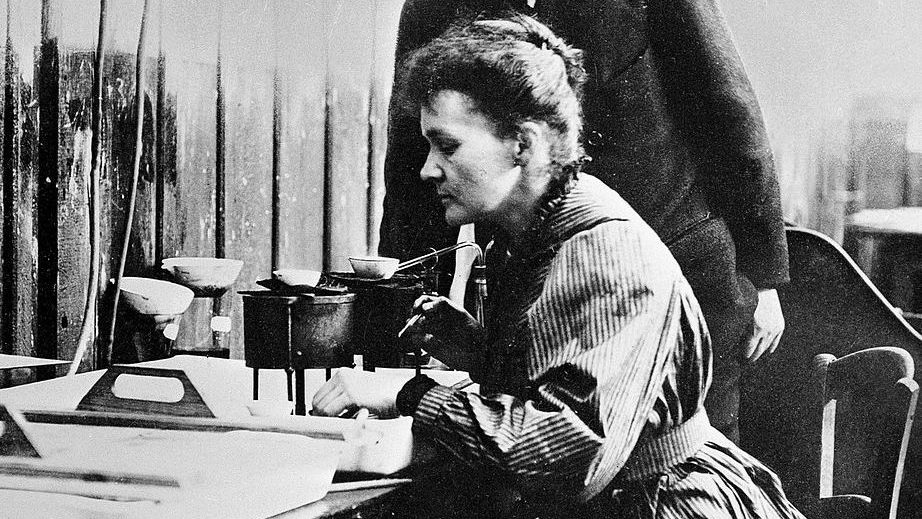
Born in Warsaw, Marie Curie moved to France to study physics and mathematics at the Sorbonne University, before starting research on Henri Becquerel’s new discovery: the radioactivity phenomenon. Alongside her husband, she successfully extracted two new radioactive elements: radium and polonium, that they refused to patent. She is the first woman to win a Nobel Prize, and the only person to win it twice in two different scientific fields. Curie’s pioneering research opened new fields of fundamental research and paved the way to innovative care against cancer.
Emmanuelle Charpentier & Jennifer Doudna, the future of science
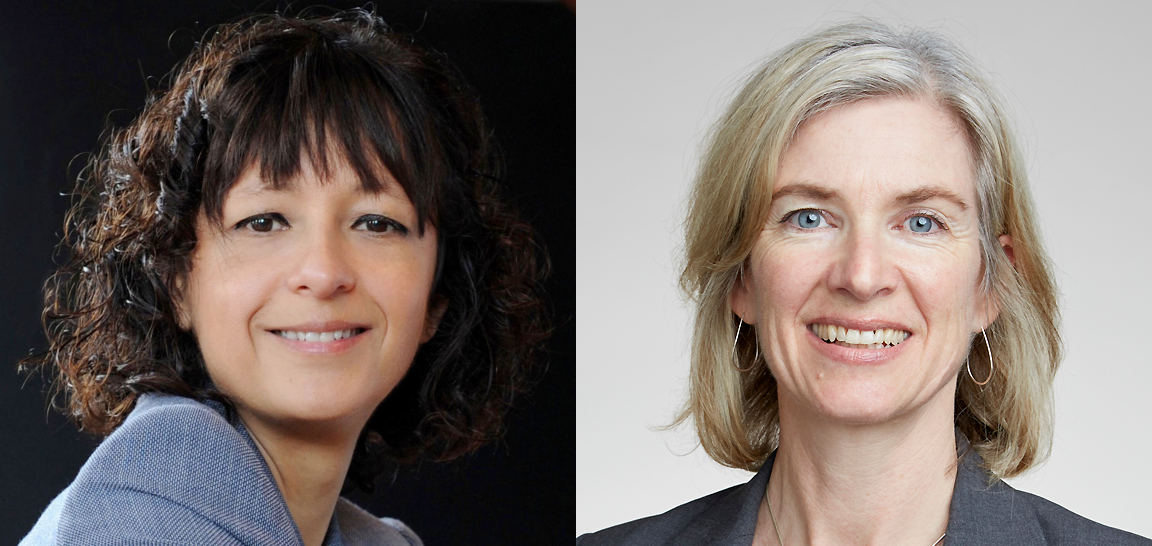
Jennifer Doudna, Californian biochemist and Emmanuelle Charpentier, French microbiologist discovered a ground-breaking gene engineering tool known as CRISPR: a technology that gives scientists the power to remove or add genetic material, potentially allowing to eradicate genetic disease or mutations. In 2020, they became the sixth and seventh women in history to win the Nobel Prize in Chemistry.
Want more? Listen to our Spotify playlist celebrating inspiring women in music and check out the educational resources on gender equality which we put together last year.